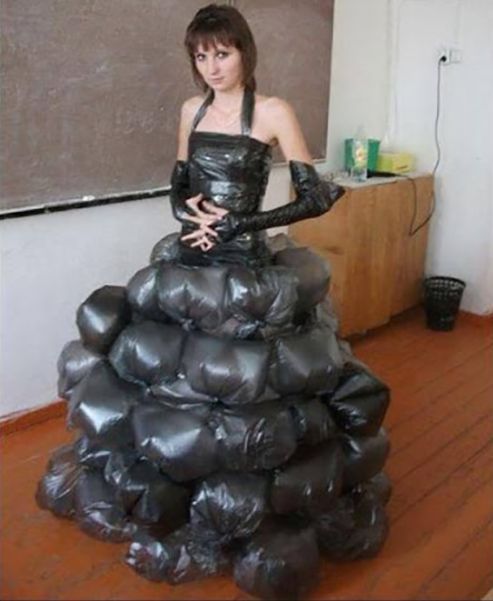There is something incredibly witty about the „good fashion” and something incredibly stupid about the „bad” one.
Fashion is either unbelievable or unbearable.
Fashion is either an intimidatingly impressive experience or a true emotional ordeal to go through.
There is no such thing like „reasonable” fashion. „Reasonable” fashion is not fashion but a minimal condition for the existence of a civilised society: a dress code that is understandable by most humans.
All in all, we have 1. good fashion, 2. bad fashion, and 3. wearable clothes.
However, it is the „bad fashion” that sums up the contemporary mood, the remarkably faulty grip on reality.
There is no way you can put three fancy things together and pretend you are a fashionista. Or worse, „stylish”. Or the worst, rich enough to afford certain high-end trendy products.
„Bad fashion” comes from mixing the means with the message. Such mistakes are notoriously made by „bad people”, more precisely, by those who constantly want to prove something. These people think they could meet all adversities of the world by reinforcing pride and control. Affording and buying luxury goods is not even about greed or (the illusion of) financial control, but about a collapse of one’s free-aesthetic will, about a mutilation of the Self. You missed everything. You are poorly you.
I have recently heard two teenage girls complaining about social injustice because they could not afford a colourful Yves Saint Laurent messenger bag. They’d have to get two summer jobs, three years in a row to buy one of those fancy purses. Overwhelmed by a sense of mission and purpose, they were discussing possibilities: a fake purse? A better paid job? Blackmailing the parents?
The thing some girls do not seem to understand is that fashion is not a strategy to get you where you want in life. It is an inner commitment towards some kind of personal harmony.
In this sense, being well-dressed is as much an inner process as an outer one; which makes fashion amazingly realistic and true, and just one of the greatest things to talk about.
(Foto: i-am-bored.com)

